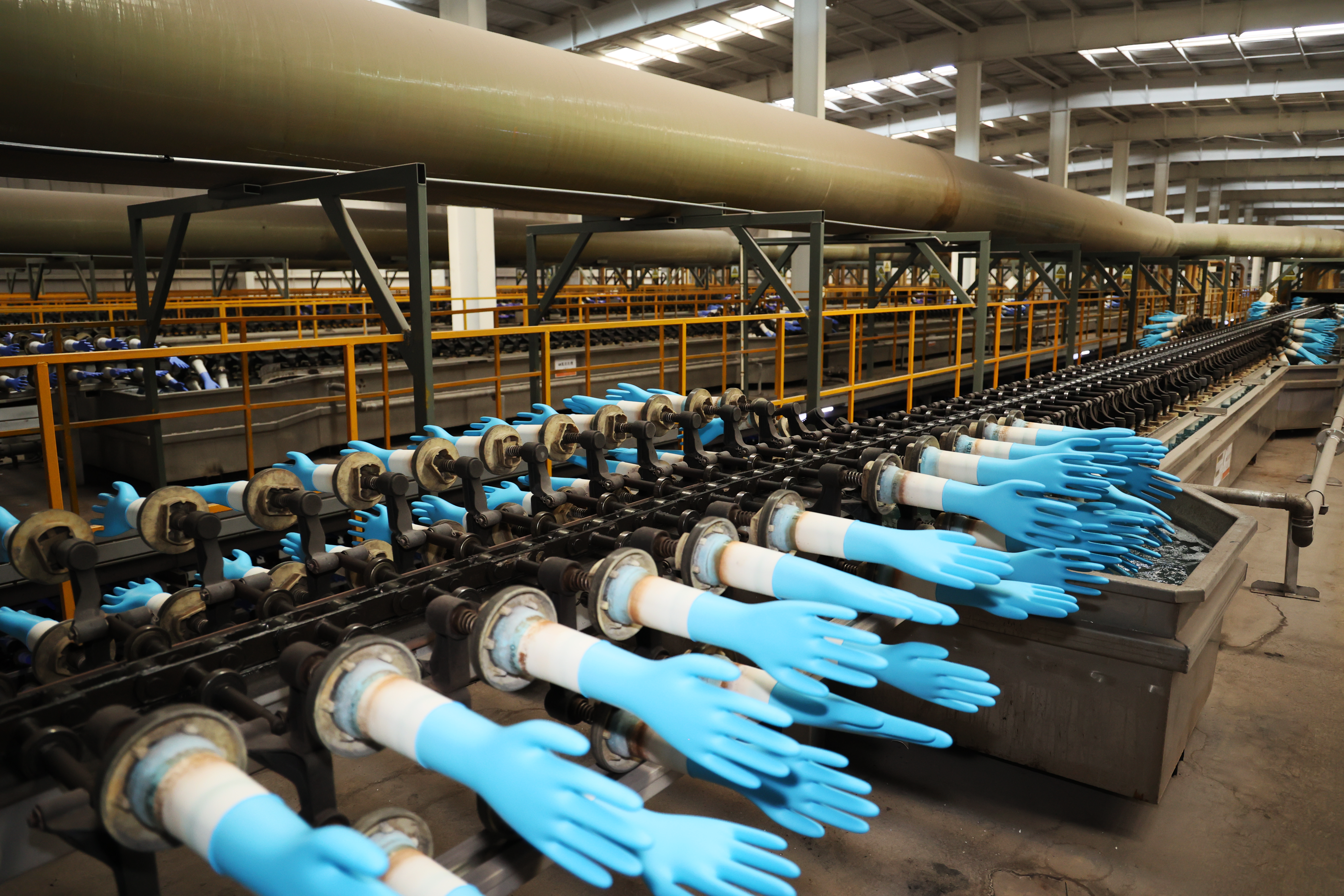Knowledge
KINGFA Solutions
Hand Protection
Respiratory Protection
Environmental Solutions
Industrial Protection
Filtering Material
Protective Apparels
Laboratory Solutions
Email:
kingfamed@kingfa.com
Address:
No.33 Kefeng Road, Science City, Guangzhou, Guangdong Province, China, 510663
INQUIRY
Knowledge
How to Choose High-Performance Chemical-Resistant Nitrile Gloves?
In labs, chemical, and medical settings, nitrile gloves are preferred for their strong chemical resistance and durable physical properties.
READ MORE

How Does the Chlorination Process Improve Disposable Gloves?
The chlorination process removes excess powder from gloves and reduces friction when gloves are worn.It is widely used in the production of nitrile and latex gloves. How is chlorination of gloves achieved?What are the advantages and disadvantages of this treatment process? Let's find out more!
READ MORE

Can Nitrile Gloves be Recycled?
how can we reduce the number of disposable gloves in landfills without stopping their use? The answer is recycling and responsible disposal.
READ MORE

2025 Market Outlook for Nitrile Gloves
The nitrile gloves market is projected to expand significantly through 2025, fueled by growing healthcare demand, broader industrial adoption, and ongoing product innovation.
READ MORE

Nitrile Gloves in Food Processing: Ensuring Food Safety, Hygiene & Compliance
Food-grade nitrile gloves provide a reliable protective barrier between hands and bacteria, reducing the risk of cross-contamination and helping protect both operators and food safety during food processing and handling.
READ MORE

KINGFA MEDICAL Nitrile Exam Gloves: Ensuring Safety and Comfort
As a leading nitrile gloves supplier, KINGFA MEDICAL is committed to providing high-quality nitrile exam gloves designed for maximum protection, comfort, and performance.
READ MORE

SUCCESS
You've successfully subscribed to our newsletter.
OK
